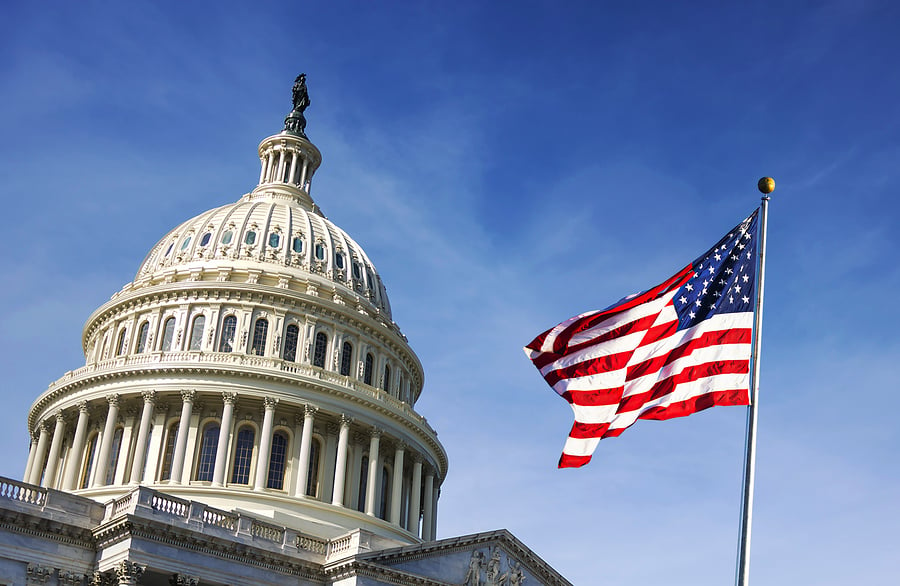Congress Evaluates Resolution Against California’s Vehicle Emissions Ban
On April 28, 2025, the House of Representatives is set to discuss a significant resolution aimed at counteracting a proposal from the State of California to prohibit the sale of gas-powered vehicles. This discussion follows the Biden administration’s last-minute decision to grant California a waiver under the Clean Air Act, enabling the state to implement stricter tailpipe emissions regulations than those mandated at the federal level.
California’s Emission Standards and Their Implications
The waiver has allowed several states to adopt California’s stricter standards, potentially limiting consumer choices and driving up costs for both new and used vehicles across the nation. Critics of the waiver argue that its implementation threatens to disrupt the automotive market and impose additional financial burdens on consumers.
Congressional Action Under the Congressional Review Act
The resolution, championed by the Republicans and backed by former President Trump’s Environmental Protection Agency (EPA) led by Administrator Lee Zeldin, seeks to bring the Biden administration’s action under scrutiny through the Congressional Review Act (CRA). This legislative procedure allows Congress to review and potentially overturn actions taken by federal agencies.
Despite resistance from some Democratic legislators who support a ban on gas-powered vehicles, Republican leadership remains determined to advance the resolution. While the Government Accountability Office (GAO) sided with the Democrats, its non-binding advisory role does not outweigh the authority granted to Congress by the CRA.
Market Concerns and Consumer Choice
The implications of maintaining the waiver are extensive for the U.S. automobile market. A recent report titled “When Government Chooses Your Car: Examining the Challenges and Complexities of a Transition to Electric Vehicles” critiques government strategies promoting electric vehicle (EV) adoption. It highlights various economic, practical, and environmental challenges, emphasizing how these initiatives often fail to align with consumer preferences and market realities.
In response to these concerns, the Save Our Cars Coalition was formed, encompassing over 40 national and state advocacy groups committed to preserving American consumer choices regarding vehicle types.
Conclusion
The discourse surrounding the resolution underscores critical issues affecting the future of the automotive industry in the United States. It is now up to Congress to act decisively to either support the proposed ban on gas-powered vehicles or to safeguard consumer freedom and choice within the automobile market.
For more information on the issues impacting energy policy and consumer choices, follow our column “Fueling the Conversation” for ongoing insights and discussions.

